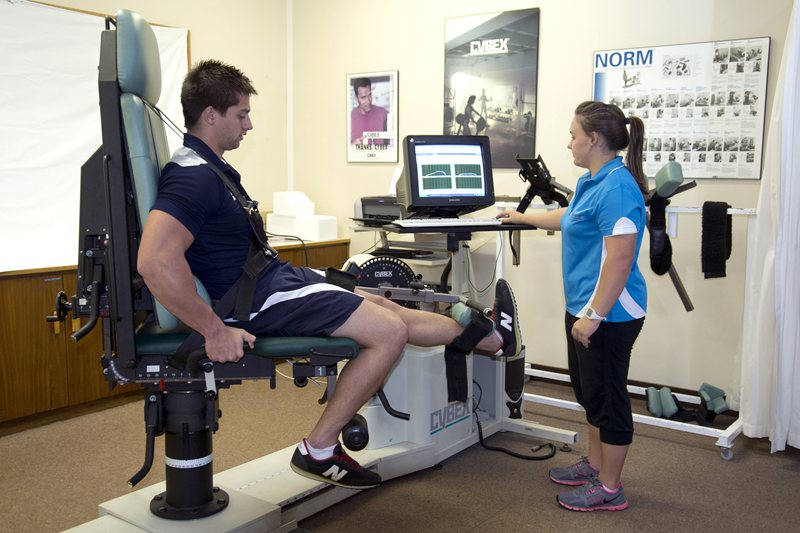
WHAT IS BIOKINETICS
Due to the lack of physical activity in modern day lifestyle, numerous health risks have emerged. This inactivity has caused deterioration of the body’s physical function, which has resulted in many more cases of premature death or poor quality of life due to the onset of hypokinetic disease.
As a result of this phenomenon the need for a biokinetic service arose. Biokinetics is a medically recognized professional discipline, applying scientifically based physical activity, to either help prevent disease or to do final phase rehabilitation following the onset of disease. A Biokineticists can be thought of as a specialised exercise therapist that functions in professional alliance to health and medicine. The profession is recognised by and registered with the Health Professions Council of South Africa.
The word Biokinetics is taken from the Greek word "BIOS" which means "life" and "KINESIS" which means "movement". In other words, it refers to the maintenance of quality of life through the use of physical activity.
WHAT IS A BIOKINETICIST?
A Biokineticist is an exercise specialist who increases a persons physical condition and the quality of life by means of physical assessment and the prescription of health exercise habits.
The Biokineticist is the newest member of the allied medical team who specializes in preventative medicine and final phase rehabilitation to improve the quality of life through movement.
WHAT SERVICE CAN YOU EXPECT
Biokinetists offer a proactive and reactive service by assisting in preventing and treating chronic diseases, possible neurological abnormalities, orthopaedic complications, metabolic abnormalities, heart conditions and hypokinetic conditions. Moreover a Biokinetists provides final phase injury management.
As a possible member of the Biokinetics Centre or an individual having a fitness evaluation you can expect to:
-
Have a thorough medical history evaluation
-
Measurement of resting blood pressure and heart rate to assess the likelihood of any possible health complications
-
Assessment of body composition and waist to hip ratio in order to identify one’s risk for coronary heart disease
-
Range of motion evaluation to assess the likelihood of poor flexibility and consequently impaired ability to function optimally in activities of daily living and or sport
-
Measurement of aerobic work capacity and subsequently the functioning of one’s cardiovascular system and general fitness
-
Measurements of muscular strength, endurance and power.
-
A thorough postural assessment to identify any deviations from standard, which could cause poor body biomechanics and consequently predispose an individual to injury.
-
Core stability assessment to assess one’s ability to stabilize and protect the spine and function adequately in static and dynamic activities of daily living
-
On request a cholesterol and glucose test can be conducted. In addition electrocardiograms (ECG), Biodex (balance assessment) and Cybex (muscle strength evaluation with possible training options) are available for use on request.
-
An individualised scientifically sound developed exercise program
-
A training session to educate you on how to improve your lifestyle, your condition (if present) and how to train safely and effectively
-
One on one personal training
Special population groups and or those injured can expect the former and further investigation into:
-
Functional capacity and ability to perform activities of daily living
-
Special tests to identify possible weakness and underlying causes of the condition
-
ECG, lung function, glucose and cholesterol monitoring on request
Program upgrades are required on a six week basis to ensure for adequate monitoring, program enhancement, identification of the need for alternative corrective action and to ensure for continuous improvement. This special attention to members’ individual needs ensures for quality management and best possible service.